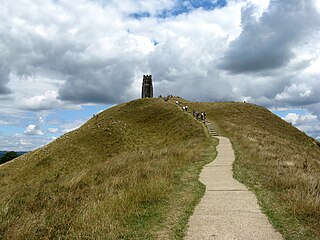 W
WThe 1202 Syria earthquake struck at about dawn on 20 May 1202 with an epicenter in southwestern Syria. Up to 1,100,000 deaths have been associated with this earthquake, although other estimates are much smaller. It was felt over a very wide area, from Sicily to Mesopotamia and Anatolia to upper Egypt, mostly affecting the Ayyubid Sultanate and the Kingdom of Jerusalem. The cities of Tyre, Acre and Nablus were heavily damaged. A magnitude of Ms = 7.6 has been estimated with damage up to XI on the Mercalli intensity scale.
 W
WThe 1222 Brescia earthquake occurred on Christmas Day in the year 1222. The chronicler Salimbene de Adam records that it was so powerful that the inhabitants of Brescia left their city en masse and camped outside, so that the falling buildings would not crush them.
 W
WThe 1222 Cyprus earthquake occurred at about 06:15 UTC on 11 May. It had an estimated magnitude of 7.0–7.5 and triggered a tsunami that was recorded in Libya and Alexandria. The strongest shaking was felt in Nicosia, Limassol and Paphos. Many people died, although there are no estimates for the total number of casualties.
 W
WOn 11 September 1275, an earthquake struck the south of Great Britain. The epicentre is unknown, although it may have been in the Portsmouth/Chichester area on the south coast of England or in Glamorgan, Wales. The earthquake is known for causing the destruction of St Michael's Church on Glastonbury Tor in Somerset.
 W
WThe 1290 Chihli earthquake occurred on 27 September with an epicenter near Ningcheng, Zhongshu Sheng, Yuan Empire. This region is today administered as part of Inner Mongolia, China. The earthquake had an estimated surface wave magnitude of 6.8 and a maximum felt intensity of IX (Violent) on the Mercalli intensity scale. One estimate places the death toll at 7,270, while another has it at 100,000.
 W
WThe Cilicia earthquake occurred northeast of the city of Adana in 1268. Over 60,000 people perished in the Armenian Kingdom of Cilicia in southern Asia Minor.
 W
WThe 1293 Kamakura earthquake in Japan occurred at about 06:00 local time on 27 May 1293. It had an estimated magnitude of 7.1–7.5 and triggered a tsunami. The estimated death toll was 23,024. It occurred during the Kamakura period, and the city of Kamakura was seriously damaged.